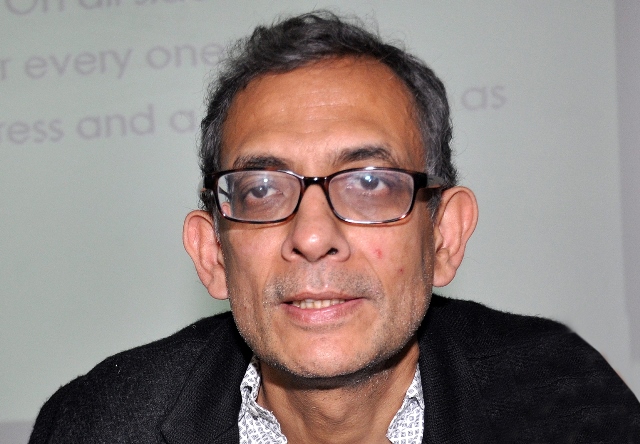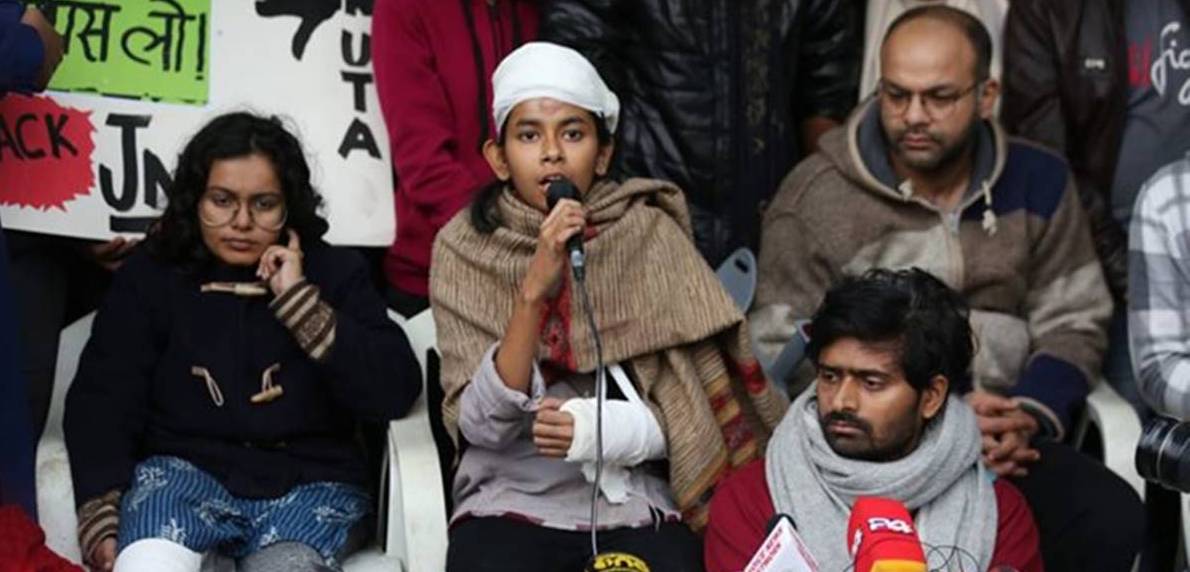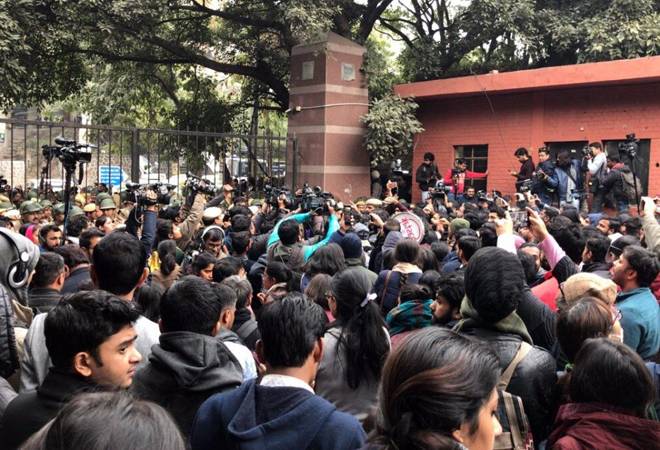Abhijit Banerjee, Esther Duflo and Michael Kremer have won the Nobel Prize in Economics for their experimental work towards alleviating global poverty. It is indeed a very proud moment for India because Banerjee is an Indian economist.
He is currently working as the Ford Foundation International Professor of Economics at the Massachusetts Institute of Technology(MIT). Co-winner Duflo is also from MIT, and Kremer is the Gates Proffessor of Developing Societies at Harvard University. All the three of them have been working at the Abdul Latif Jameel Poverty Action Lab(J-PAL).
The research carried out by the three of them has considerably informed our capacity to deal with global poverty. In a matter of two decades, their experiment centric approach has transformed the face of development economics.
The three have won this year’s Nobel Prize or their new approach to fighting poverty that includes the division of the issues into more smaller and targeted problems such as effective interventions to improving educational standards and child health. Their research goes on to show that answers to such questions can be found via immaculately designed experiments among the effects populations. These experiments have been tried out in Kenya among several other countries.
Abhijit Banerjee is aged 58 and was educated at the Jawaharlal Nehru University and Harvard University, where he received his Ph,D in 1988.














